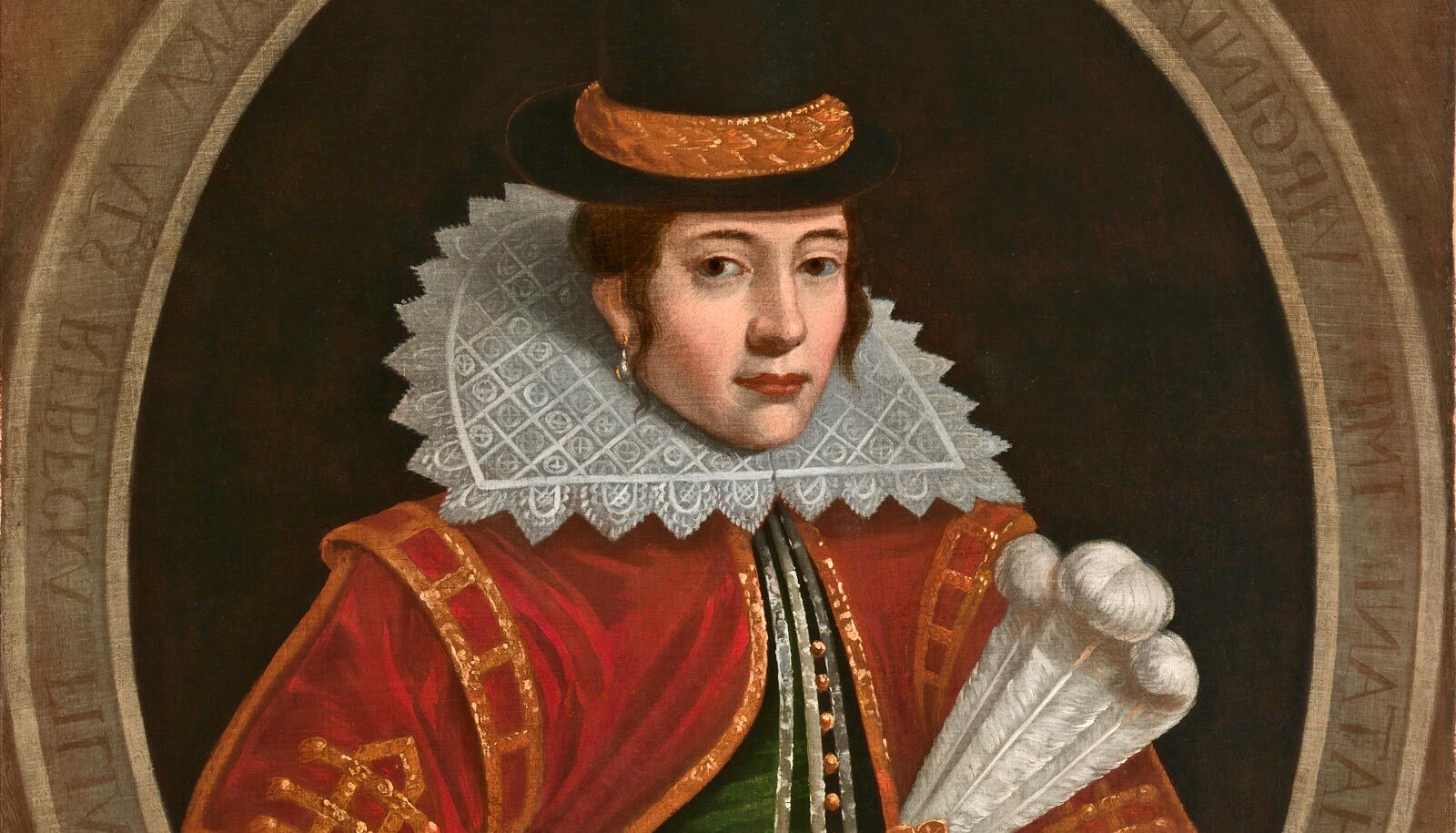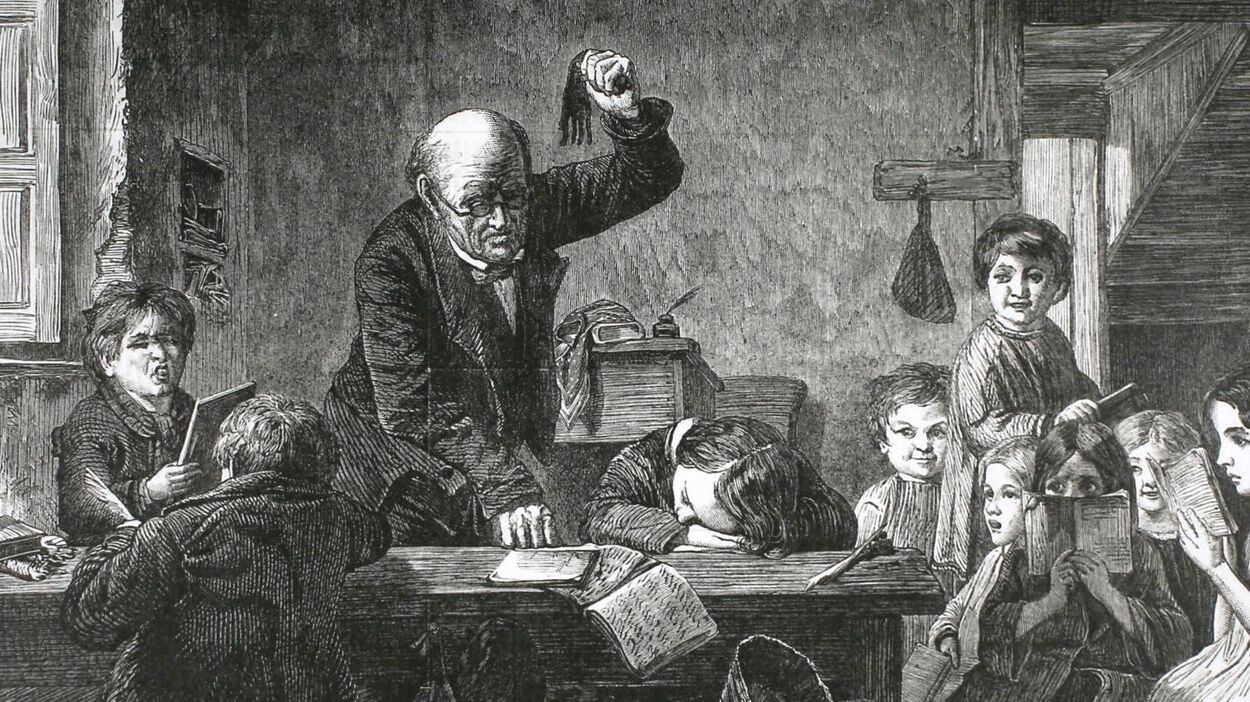
Who was Thomas Rolfe? Born in 1615, Thomas Rolfe was the son of Pocahontas and English settler John Rolfe. His unique heritage made him a significant figure in early American history. Raised in England after his mother's death, Thomas returned to Virginia as an adult. He inherited vast lands from both his parents, bridging two worlds—Native American and English. His life, though less documented than his parents', offers a fascinating glimpse into the early colonial era. Through his lineage, Thomas played a crucial role in the ongoing story of America's founding. Curious about more details? Let's dive into 35 intriguing facts about Thomas Rolfe!
Key Takeaways:
- Thomas Rolfe, the son of Pocahontas and John Rolfe, symbolized the unity between Native American and English cultures, leaving a lasting legacy in American history.
- Thomas Rolfe's unique heritage and diplomatic skills made him a respected figure in colonial Virginia, inspiring curiosity and admiration for early American history.
Who Was Thomas Rolfe?
Thomas Rolfe, the son of Pocahontas and John Rolfe, holds a unique place in American history. His life bridges the gap between Native American and English settler cultures. Here are some fascinating facts about him.
-
Thomas Rolfe was born in 1615 in Virginia, making him one of the first children of mixed Native American and English heritage in the New World.
-
His mother, Pocahontas, was a Native American woman from the Powhatan tribe, famously known for her association with the Jamestown colony.
-
John Rolfe, his father, was an English tobacco planter who played a crucial role in the economic success of the Virginia colony.
-
Thomas was named after his paternal grandfather, Thomas Rolfe, who was a prominent figure in England.
-
After Pocahontas's death in 1617, Thomas was left in the care of his uncle, Henry Rolfe, in England.
Early Life in England
Thomas spent his early years in England, far from the land of his birth. His upbringing in England shaped much of his early life.
-
He was baptized in England, a common practice for children of English settlers.
-
Thomas received an English education, which included learning to read and write, skills not commonly taught to Native American children at the time.
-
He lived in the household of his uncle, Henry Rolfe, who ensured he was raised according to English customs.
-
Despite his English upbringing, Thomas was always aware of his Native American heritage.
-
He was often referred to as "Thomas Rolfe, the son of Pocahontas," highlighting his unique lineage.
Return to Virginia
As an adult, Thomas Rolfe returned to Virginia, the land of his birth. His return marked a significant chapter in his life.
-
In 1635, Thomas returned to Virginia to claim his inheritance, which included land granted to his father.
-
He was granted 1,200 acres of land in Virginia, a substantial amount for the time.
-
Thomas's return to Virginia was seen as a symbolic reunion of Native American and English cultures.
-
He became a prominent figure in the Virginia colony, respected by both settlers and Native Americans.
-
Thomas married Elizabeth Washington, a member of a prominent English family in Virginia.
Legacy and Descendants
Thomas Rolfe's legacy extends through his descendants, many of whom played significant roles in American history.
-
His daughter, Jane Rolfe, married Robert Bolling, another prominent figure in Virginia.
-
Through Jane, Thomas became the ancestor of many notable Virginians, including President John Tyler.
-
Thomas's descendants include members of the Randolph and Bolling families, influential in Virginia's history.
-
His mixed heritage made him a symbol of the blending of Native American and English cultures.
-
Thomas's life and legacy are often celebrated in historical reenactments and cultural events in Virginia.
Historical Significance
Thomas Rolfe's life holds significant historical importance, bridging two cultures during a formative period in American history.
-
His birth symbolized the potential for unity between Native Americans and English settlers.
-
Thomas's life story has been the subject of numerous books, articles, and documentaries.
-
He is often depicted in historical paintings and sculptures, highlighting his unique heritage.
-
Thomas's story is taught in schools as part of American history curricula.
-
His life serves as a reminder of the complex relationships between Native Americans and English settlers.
Interesting Tidbits
Here are some lesser-known facts about Thomas Rolfe that add depth to his intriguing life story.
-
Thomas was known for his fluency in both English and the Powhatan language.
-
He often served as a mediator between Native American tribes and English settlers.
-
Thomas was a skilled tobacco planter, following in his father's footsteps.
-
He maintained close ties with his Native American relatives throughout his life.
-
Thomas's life inspired various fictionalized accounts, including novels and plays.
-
He was known for his diplomatic skills, often resolving conflicts between different groups.
-
Thomas's mixed heritage made him a unique figure in colonial Virginia society.
-
He was respected by both Native American leaders and English governors.
-
Thomas's story is a testament to the resilience and adaptability of individuals with mixed heritage.
-
His life continues to be a source of inspiration for those interested in early American history.
The Legacy of Thomas Rolfe
Thomas Rolfe's life bridges two worlds: his Native American heritage through his mother, Pocahontas, and his English lineage from his father, John Rolfe. Born in 1615, Thomas navigated a unique path, balancing his dual identity during a time of cultural clash and colonial expansion. His marriage to Elizabeth Washington and their descendants played a role in shaping early American society.
Thomas's story isn't just about historical events but also about the enduring impact of family and identity. His legacy continues to intrigue historians and descendants alike, reminding us of the complex tapestry of America's early years. Understanding Thomas Rolfe offers a glimpse into the intricate relationships that helped shape the nation. His life, though not as widely known as his parents', remains a testament to the blending of cultures and the resilience of the human spirit.
Frequently Asked Questions
Was this page helpful?
Our commitment to delivering trustworthy and engaging content is at the heart of what we do. Each fact on our site is contributed by real users like you, bringing a wealth of diverse insights and information. To ensure the highest standards of accuracy and reliability, our dedicated editors meticulously review each submission. This process guarantees that the facts we share are not only fascinating but also credible. Trust in our commitment to quality and authenticity as you explore and learn with us.


